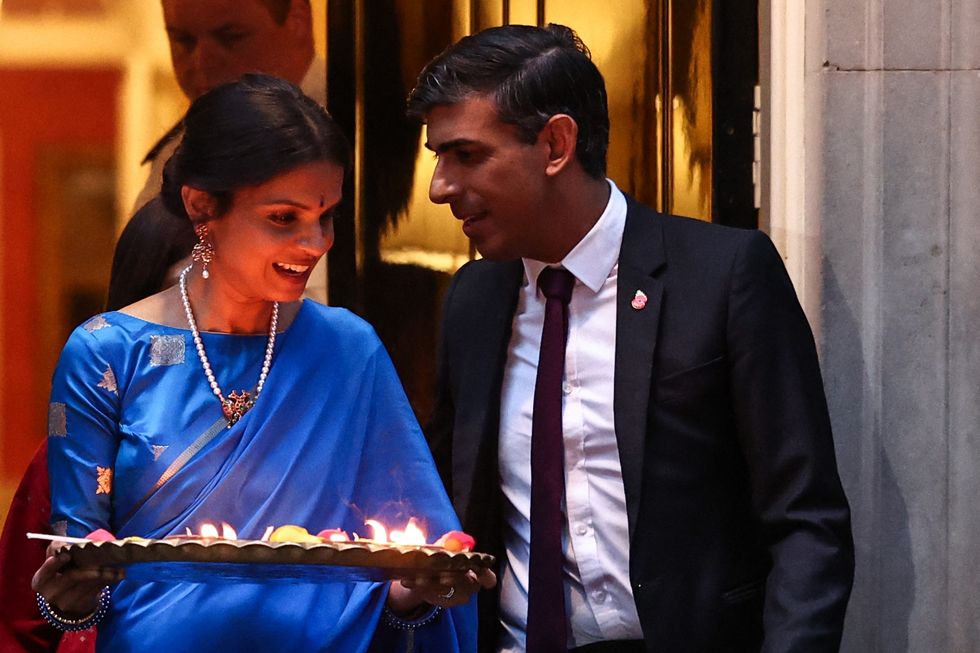PAKISTAN’S prime minister today picked Lieutenant General Qamar Javed Bajwa to replace outgoing army chief Raheel Sharif, the popular military leader credited with improving security and driving back militant groups.
The army chief is arguably the most influential person in Pakistan, with the military having ruled the country for about half of its 69-year history since independence from Britain and enjoying extensive powers even under civilian administrations.
General Bajwa will likely take charge of the world’s sixth-largest army by troop numbers in a formal handover on Tuesday (November 29), when General Sharif, who is no relation to prime minister Nawaz Sharif, formally retires.
The appointment of Bajwa is expected to help reset fraught relations between the military and the civilian government in a nuclear-armed nation of 190 million people.
Lieutenant General Zubair Hayat has been appointed chairman of the joint chiefs of staff committee.
“On the advice of Pakistani Prime Minister Muhammad Nawaz Sharif, President Mamnoon Hussain has approved the promotion of Lieutenant General Zubair Mehmood Hayat and Lieutenant General Qamar Javed Bajwa,” the prime minister’s office said.
As well as controlling security, the army operates a vast business empire in the country and often dictates key areas of Pakistan’s foreign policy, including relations with India and its war-torn western neighbour Afghanistan.
General Sharif, 60, becomes the first army chief in more than 20 years to step down on time. Several previous military leaders had obtained extensions to their three-year terms.
Little is publicly known about Bajwa, who has been heading the army’s Training and Evaluation Wing. It is also not clear how he would approach sensitive issues such as military-civilian relations or his ideological stance towards India.
The military, in a statement, only sent out a brief army history of Bajwa, who was commissioned in 1980 and was partly educated abroad, including staff college training in Canada and naval post-graduate studies in the United States.
Bajwa had also served abroad, commanding the Pakistan Contingent in Congo, and had spent time commanding infantry divisions.
One cabinet minister said that prime minister Sharif picked Bajwa because of his low-key style, and felt the incoming general would be more willing to cede control of key areas to the civilian government.
“He is essentially a very low-profile person and after our last experience (with General Sharif) this is just a very important consideration; someone who doesn’t want the limelight at all,” said the minister, asking not to be named because of the sensitivity of the issue.
Though security across Pakistan has vastly improved under General Sharif, with number of reported “terrorist” attacks down, Bajwa will face vast challenges at home and abroad.
Daesh (Islamic State or IS) is trying to make inroads into the country and militant groups such as the Pakistani Taliban continue to stage large-scale bomb and gun attacks.
Since August, 184 people have been killed in three major attacks in the restive Baluchistan region alone.
There are fears that if violence in Baluchistan escalates it could disrupt work on the road, rail and energy projects central to the $54 billion China-funded economic corridor which aims to link Western China to the Arabian Sea at Pakistan’s deepwater port of Gwadar in Baluchistan.
Abroad, Pakistan’s relations with the United States, a long-time ally, as well as India, have worsened over the past year.
Both countries accuse Pakistan of harbouring Islamist militant groups, with Afghanistan incensed by the presence of Afghan Taliban leaders inside Pakistan. Islamabad denies all such charges.
General Sharif, who hails from a military family, built a huge following among ordinary Pakistanis who saw him as a protector against Islamists, corruption and foreign aggression.
His popularity came on the back of the military operation Zarb-i-Azb, which drove back Pakistani Taliban militants from their tribal strongholds and improved security.
An army-led crackdown in Karachi also drastically reduced crime in the country’s biggest city.
But General Sharif’s popularity, enhanced by the army’s slick media unit, also unnerved members of the ruling PML-N party who were suspicious of efforts to glorify the army chief.
After their final official dinner together on Thursday (24), Prime Minister Sharif praised the departing general.
“He proved beyond a shadow of doubt that he is one of the finest military leaders of his generation,” the prime minister said. “Pakistan today is much safer and stronger than in 2013.”
















 Rishi Sunak and Akshata Murty. (Photo by HENRY NICHOLLS/AFP via Getty Images)
Rishi Sunak and Akshata Murty. (Photo by HENRY NICHOLLS/AFP via Getty Images) 

